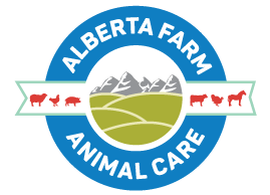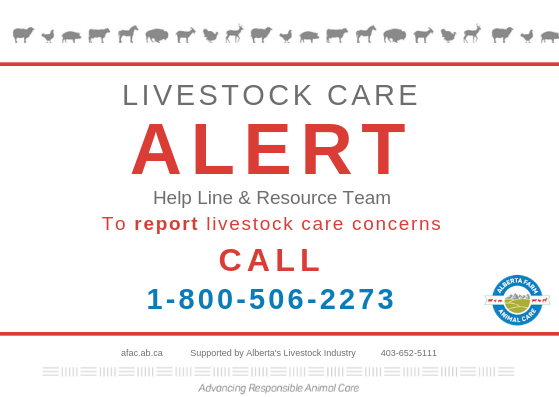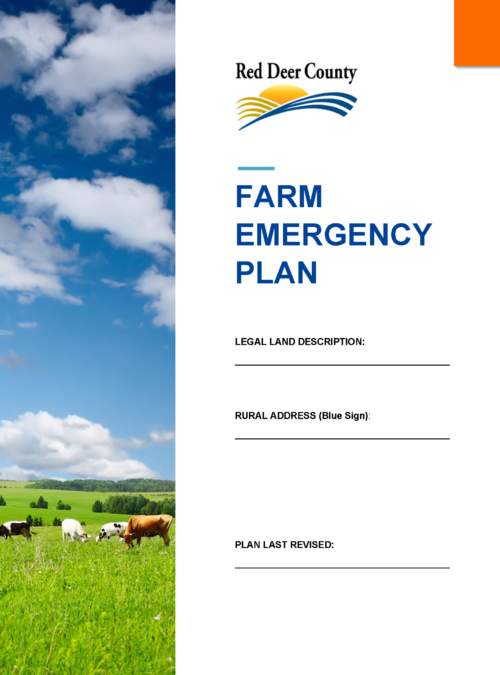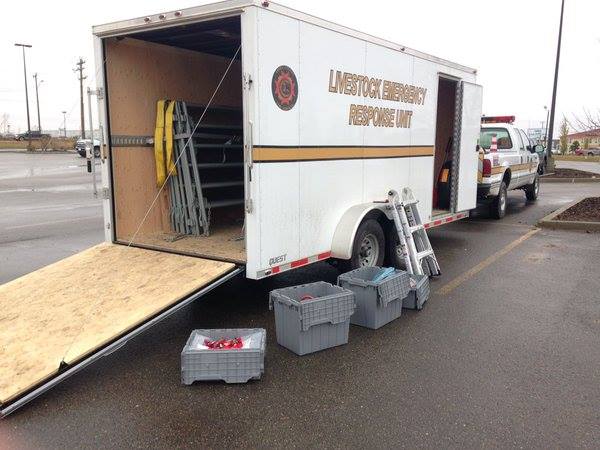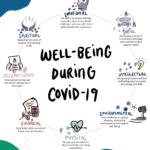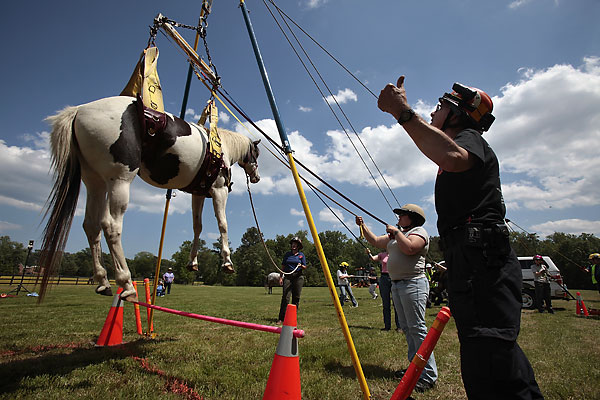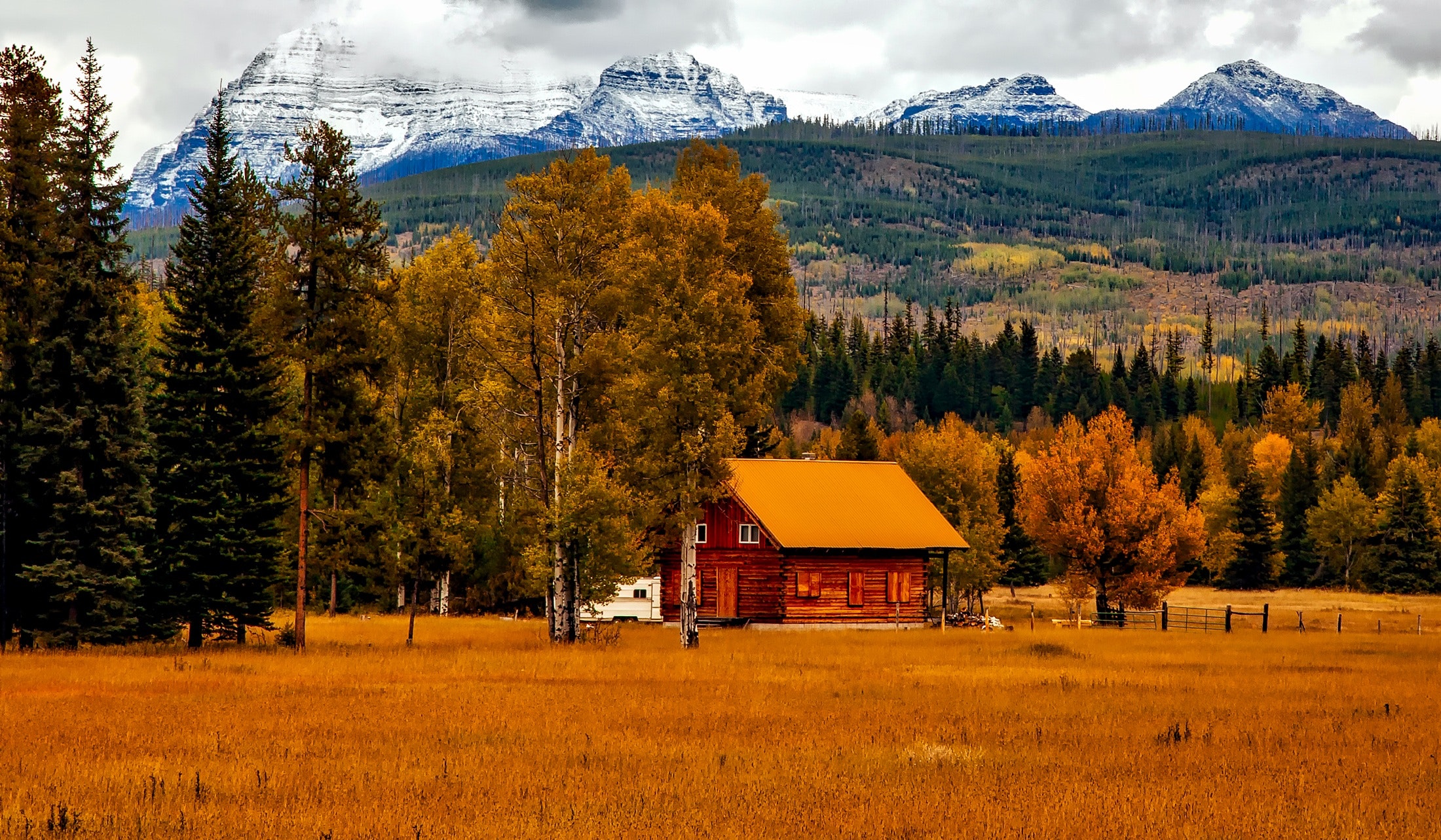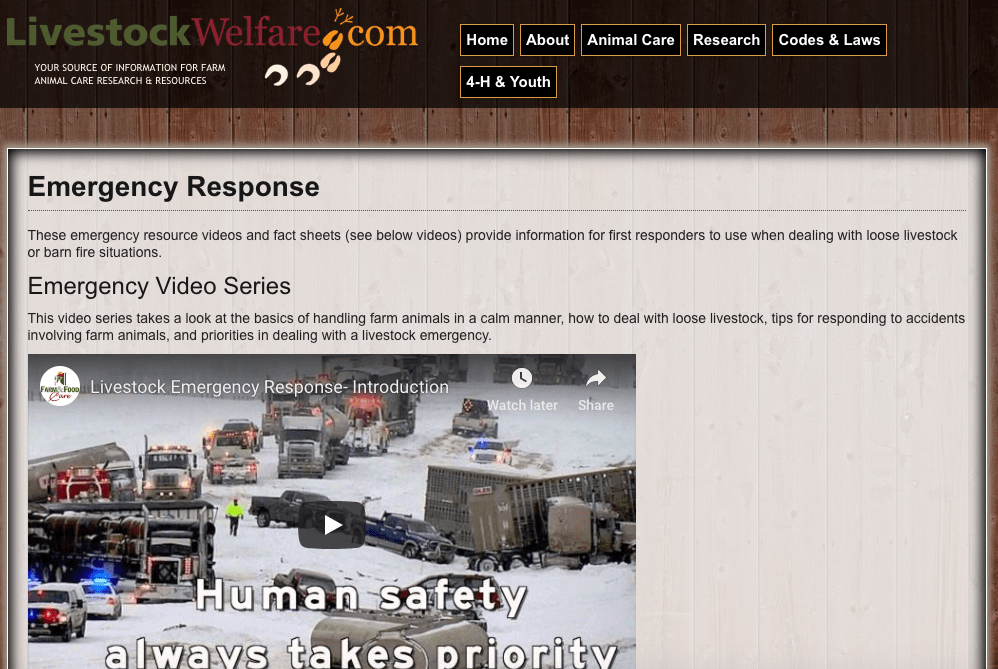We should all be prepared for an emergency and in Alberta’s climate that can come in many forms. Farmers have the added responsibility of attending to the animals under their care in an emergency. Below are some of the excellent resources available to farmers across Canada and in Alberta.
- Extreme Weather
- ALERT Line
- Fillable Farm Emergency Plan
- Emergency Livestock Handling Equipment Trailers
- In Case of Emergency Form
- COVID-19 Preparedness
- Plan & Prepare
- What to have On-Farm
- Alberta Emergency Alert
- Livestock Mortality Management (Disposal)
- Animal Health Emergency Management Project
- Do More Ag
- Livestock Welfare - Emergency Response
Cold Stress Guides - Click to View
The guides linked above are to assist producers in recognizing cold weather illnesses in their animals. AFAC is currently working on a resource guide similar to the Extreme Heat Resource document below for Extreme Cold, and will share that in this space once it has been completed. If producers have any questions in the meantime, feel free to contact [email protected] OR check the relevant livestock Code of Practice guideline for further information.
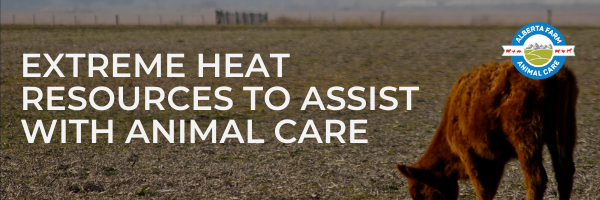
This document aims to present resources available for livestock producers so that they are aware of best practices for their animals in extreme heat conditions. Resources from areas that are familiar with extreme heat and drought conditions are included for consideration.
This is an anonymous, producer-helping-producer call line. If you ever see animals in distress, please call 1-800-506-2273
Red Deer County has created a Farm Emergency Plan template that lets farmers, producers and landowners create their own emergency plan to keep their family members, employees, contractors or visitors safe in the case of an emergency or disaster situation. The template contains many references to livestock, but can be adapted for any farming operation to mitigate the hazards to buildings, people or commodities. This plan is personal to each farm operation, so producers can make it fit their own needs.
These trailers are equipped with everything needed in the event of a livestock emergency, such as a cattle liner rollover, barn collapse, or a barn fire.

In Case of Emergency (I.C.E.) forms are valuable resources for first responders. They give them information that will instruct them on how to best care for the people and animals on board.
Fill out the form below and make two copies. Put completed forms in separate sealed envelopes, each labelled I.C.E. in large letters. Keep one in a highly visible area of the towing vehicle and one on the inside of a rear trailer window for access by emergency responders. You may consider putting reflective tape on the envelopes to make them easier for first responders to find.
Ideally, this form should be completed for each trip. However, if you travel with the same animals at all times, this form can be stored in your vehicle and trailer, so long as it is kept up to date.
Dr. Rebecca Gimenez- Husted shares her thoughts on COVID-19 preparedness for horse owners. There are some good tips here for any livestock owners.
Government of Canada & COVID-19
Up-to-date information on COVID-19 and the agriculture industry can be found at the following link:
Thanks to One Welfare Working Group for developing this amazing guide to Wellbeing during the current COVID-19 pandemic. More information on One Welfare Working Group can be found at the following link:
Click the Slideshow to view more.
Pork Producers & COVID-19
Albert Pork has a dedicated page of resources for Pork Producers
Cattle Producers & COVID-19
Alberta Beef has released numerous industry reports on dealing with COVID-19
Canadian Cattlemen’s Association has a COVID-19 Information & Tips sheet for Farmers
Horse Owners & COVID-19
Alberta Equestrian Federation has compiled a list of best practises and industry updates for the Equine community.
Sheep Producers & COVID-19
Alberta Lamb has updated industry news including links for producers and farm surveys.
Egg Producers & COVID-19
Egg Farmers of Canada has compiled a list of resources and industry news for egg farmers in Canada.

Planning is an essential to an effective emergency response plan. Here are some resources to help you build a plan for your farm:
The Alberta Emergency Management Agency is an excellent source of information for everyone (including farmers) to become prepared for an emergency.
Alberta Equine Emergency Preparedness manual provides guidelines for planning and dealing with emergency situations. This manual covers topics including biosecurity, triage, excavation, transportation and more.
The Government of Canada manual for Emergency Preparedness for Farm Animals details the three steps important to emergency preparedness:
- Know the risks and get prepared.
- Make an emergency place.
- Prepare a farm emergency kit.
Government of Canada resource page that provides frameworks and strategies to assist in the preparation for, response to, and recovery from agricultural emergencies.
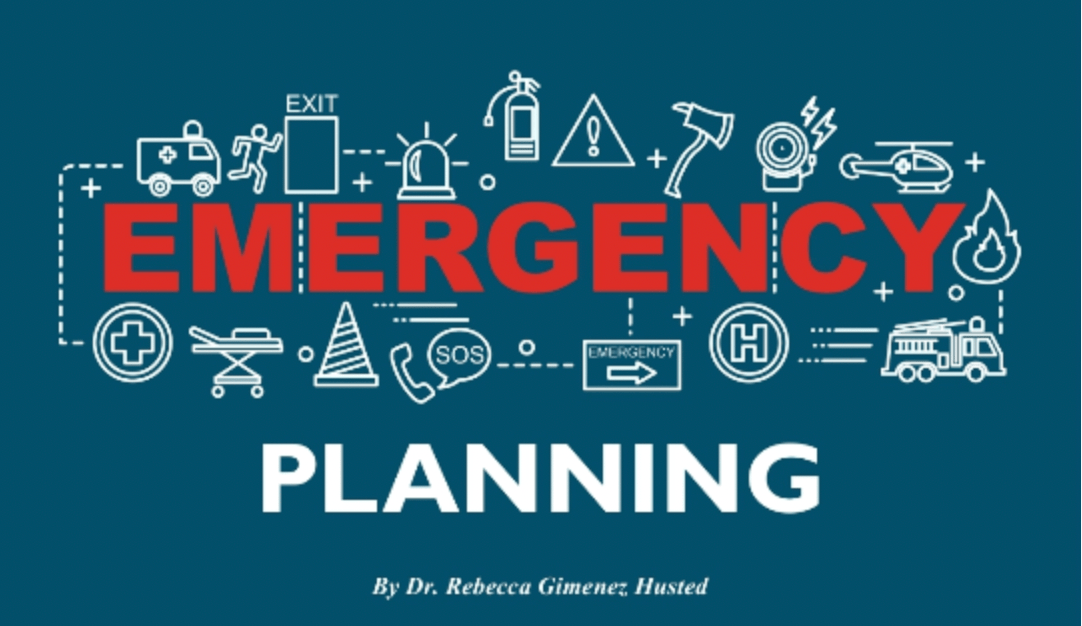
Dr. Rebecca Gimenez Husted, owner of Technical Large Animal Emergency Rescue, has written an in-depth article on making an emergency plan on your farm.
What can you make sure to have on-hand in case of a large-animal emergency? Check out this handy list from Dr. Rebecca (Husted) Gimenez
Resources for TLAER students:
2004 AAEP Recumbant Vertical lift, Helicopter
Equipment list for AWARENESS 2018
Gimenez Smith 2017 AAEP Recumbent
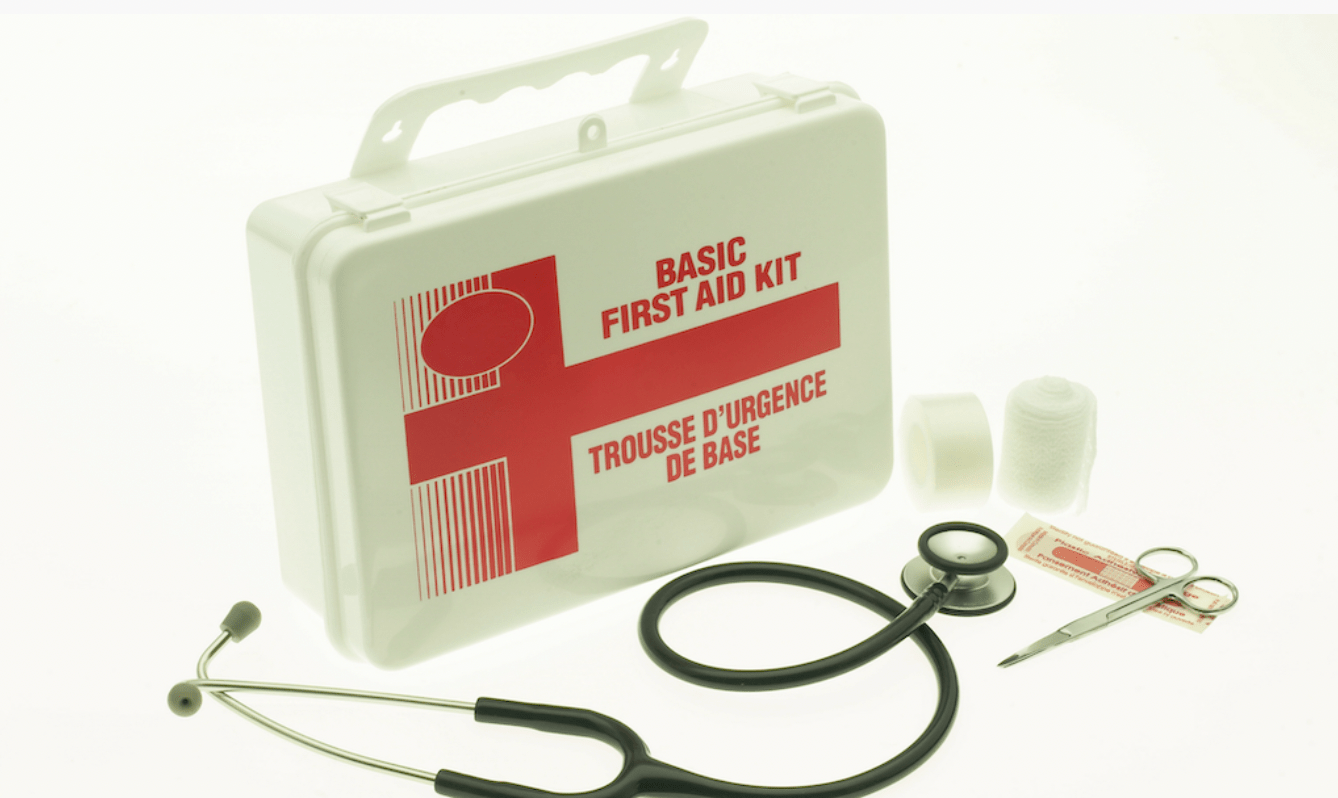
You should be prepared to be self-sufficient for 72 hours in the event of an emergency. Find emergency kit lists here to be ready!
Alerts are issued by communities where an emergency is occurring. You can sign up to receive this information and be better informed about potential risks near you.
In the event of an emergency, farmers must be prepared to deal with mortalities. There are regulations in place that specify what methods are appropriate.
Provincial handbooks for producers in different commodity groups that describe their roles in an animal health emergency.
Emergencies take a toll on us, not just physically but mentally. Find the resources available in your area to help.
